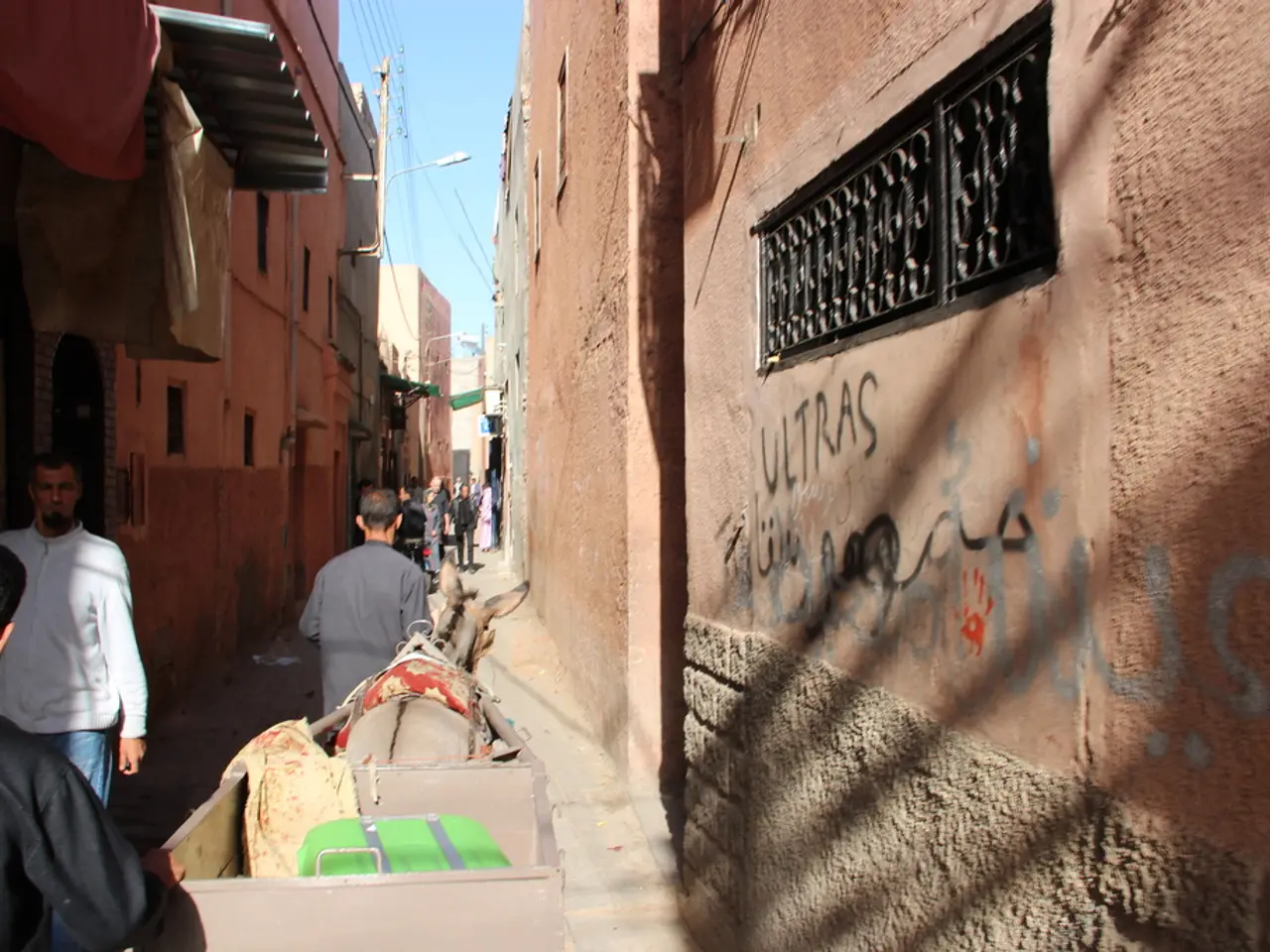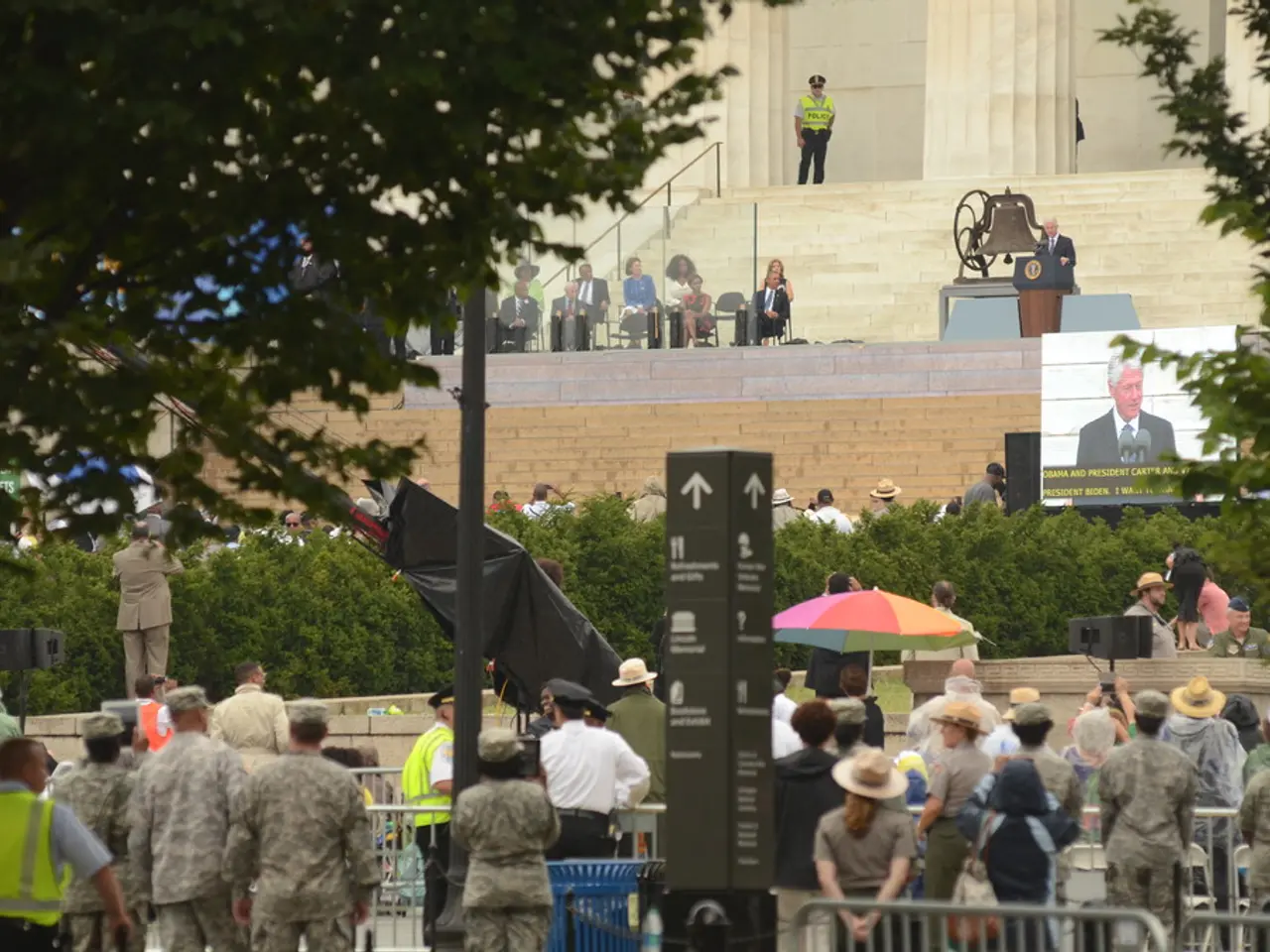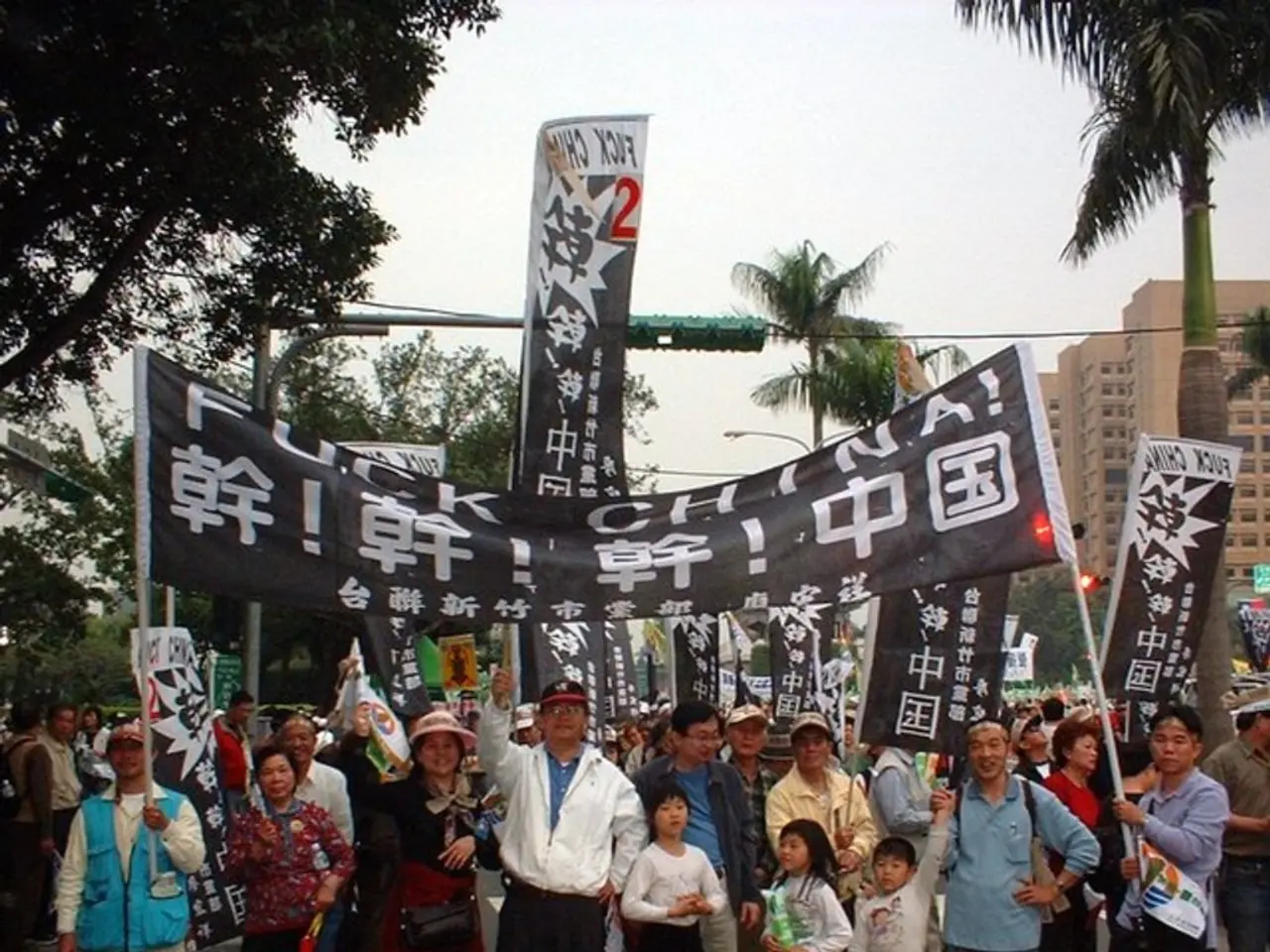Hamas leadership strife reportedly sparked by Israeli targeted killings
Hamas Seeks Broader Consensus Through New Cooperation with Palestinian Factions
Hamas, the Palestinian political and militant group, is engaging in new forms of cooperation with other Palestinian Arab factions, a move that was not common under the previous leadership. This shift in strategy comes as Hamas faces challenges in making independent decisions since the ceasefire ended on March 18, 2023.
According to a Palestinian Arab faction that spoke to the Saudi newspaper Asharq Al-Awsat over the weekend, the current Hamas leadership is seeking to present any agreement reached as having broad Palestinian Arab approval. This is a departure from the past when other factions were only informed for coordination or to offer comments, with their input sometimes being ignored.
The assassinations of Ismail Haniyeh and Yahya Sinwar, two prominent leaders in Hamas, have left a void in terms of presence, charisma, and decision-making authority. Haniyeh, in particular, was highly respected for his political and diplomatic skills. The current leadership is working to fill this void and is seeking to involve more actors in decision-making to address the challenges they face.
Hamas's new approach to cooperation is aimed at addressing the leadership and decision-making challenges the group has faced since the ceasefire ended. However, it is important to note that Hamas has not agreed to disarm, as stated in their rejection of Witkoff's claim. The group's officials did not comment on Witkoff's claim that Hamas is willing to disarm.
Under the leadership of Haniyeh and Sinwar, decision-making within Hamas was swift. However, the current leadership is facing difficulties in this area. The group has been prolonging negotiations to hold extensive internal consultations before making decisions.
The current Hamas leadership is cooperating with factions such as Islamic Jihad and the Popular Front for the Liberation of Palestine. The aim is to reach an agreement that preserves Palestinian rights, similar to the goal of Haniyeh and Sinwar before their assassination.
These developments come as Hamas faces external pressures including military actions by Israel, interventions by regional actors like Egypt and Qatar, and internal divisions within Gaza’s political landscape. These factors can limit Hamas’s autonomy and force it to act under constraints imposed by diplomatic negotiations, economic blockade, or military threats.
As the situation evolves, it will be interesting to see how Hamas's new approach to cooperation with other factions impacts its decision-making process and its ability to navigate the complex political landscape in Palestine.
- The current Hamas leadership, in an attempt to garner broader support and navigate the intricate world of war-and-conflicts, politics, and general-news in Palestine, is cooperating with factions such as Islamic Jihad and the Popular Front for the Liberation of Palestine.
- The new forms of cooperation between Hamas and other Palestinian Arab factions, a departure from the past when other factions were only informed for coordination or to offer comments, are a response to challenges in making independent decisions in the context of complex political negotiations, military actions, and regional interventions.







